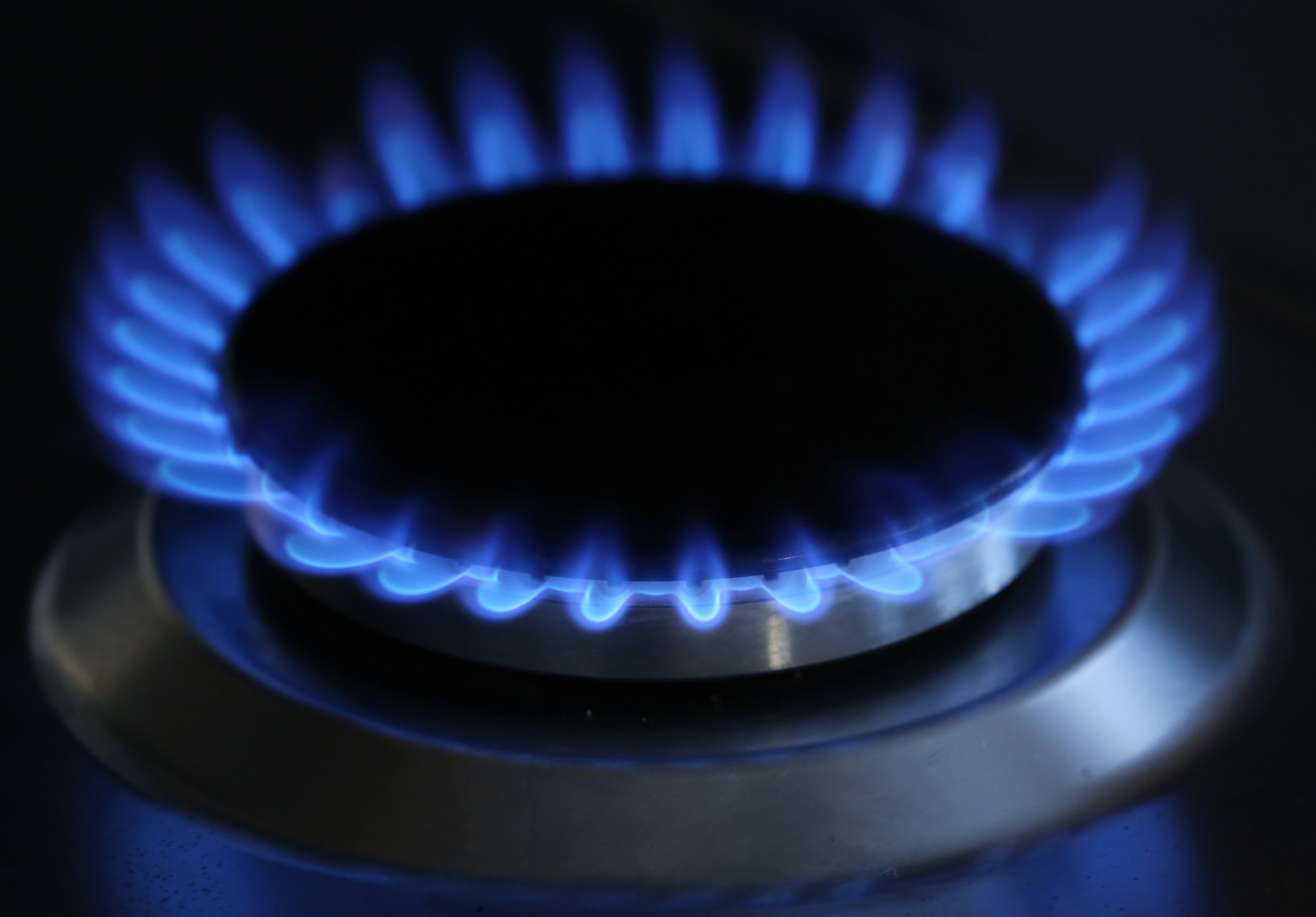Martin Lewis reveals exact amount all households will pay even if they don’t use any energy
Households will still have to pay standing charge connecting them to National Grid
Your support helps us to tell the story
From reproductive rights to climate change to Big Tech, The Independent is on the ground when the story is developing. Whether it's investigating the financials of Elon Musk's pro-Trump PAC or producing our latest documentary, 'The A Word', which shines a light on the American women fighting for reproductive rights, we know how important it is to parse out the facts from the messaging.
At such a critical moment in US history, we need reporters on the ground. Your donation allows us to keep sending journalists to speak to both sides of the story.
The Independent is trusted by Americans across the entire political spectrum. And unlike many other quality news outlets, we choose not to lock Americans out of our reporting and analysis with paywalls. We believe quality journalism should be available to everyone, paid for by those who can afford it.
Your support makes all the difference.MoneySavingExpert founder Martin Lewis says households will still pay hundreds this year even if they choose not to use electricity or gas.
With the energy price cap going up by 80 per cent on 1 October, everyone will owe their energy supplier money even if they opt not to switch the heating on.
Mr Lewis explained how much households will pay when the new energy cap comes in this winter in his latest MoneySavingExpert newsletter.
Anyone who pays their bills by direct debit will face an 80 per cent increase from £1,971 to £3,549.
Those with prepayment meters will see their bills go up from £2,017 to £3,608 a year.
But Mr Lewis says even those who use no energy at all will have to pay £273 a year due to the daily standing charge households must pay to keep their homes connected to the National Grid.

He said: "The daily standing charges that you pay just for having a bill rose hugely in April, and increased a touch more this time.
"If you have both gas and electricity, the average price cap standing charge is £273 a year before you use anything."
Those on prepayment meters will have to pay an even bigger standing charge of £319.56 a year.
Ofgem sets a maximum daily standing charge in its price cap, which is the maximum amount energy suppliers can charge for a unit of gas and electricity.
It varies slightly by region as it’s pricer to provide energy to more remote areas.
You can look at the exact rate of your region using Money Saving Expert’s table.
Currently the price cap is at £1,971 a year for the average household paying for energy by direct debit.
From 1 October this will rise to £3,549 for an average household.
Following the announcement of the price cap rise, Mr Lewis has shared some ways households can save money on their energy bills.
These tips include:
- Check if you’re entitled to benefits. You can use a free online calculator like Turn2Us and then apply via the Gov.uk website.
- Save money on internet - see if you can get, for example, a social tariff, from an internet provider such as TalkTalk’s free trial for jobseekers.
- Get a water meter. It records the amount of water used in your home, rather than your supplier charging you a fixed rate.
- Cut your credit card debt by moving it to a zero interest balance transfer card.





Join our commenting forum
Join thought-provoking conversations, follow other Independent readers and see their replies
Comments